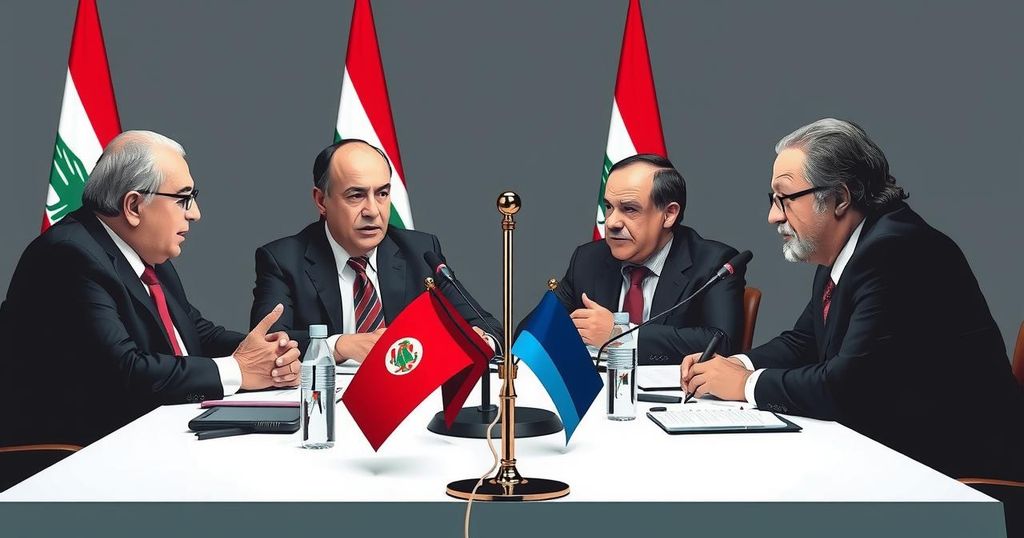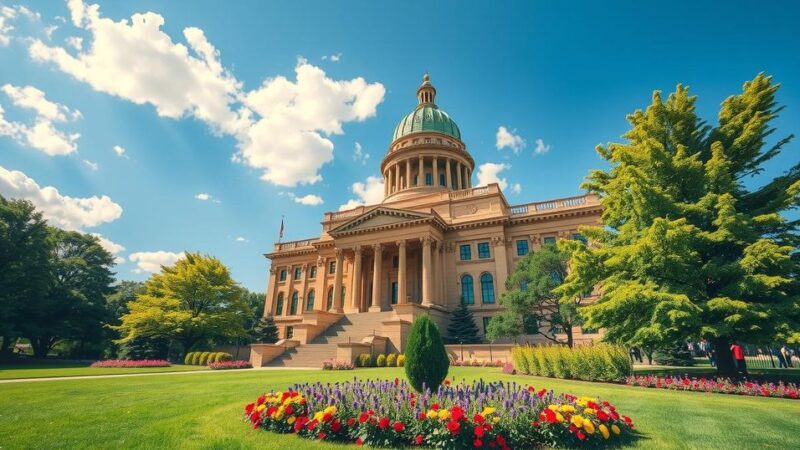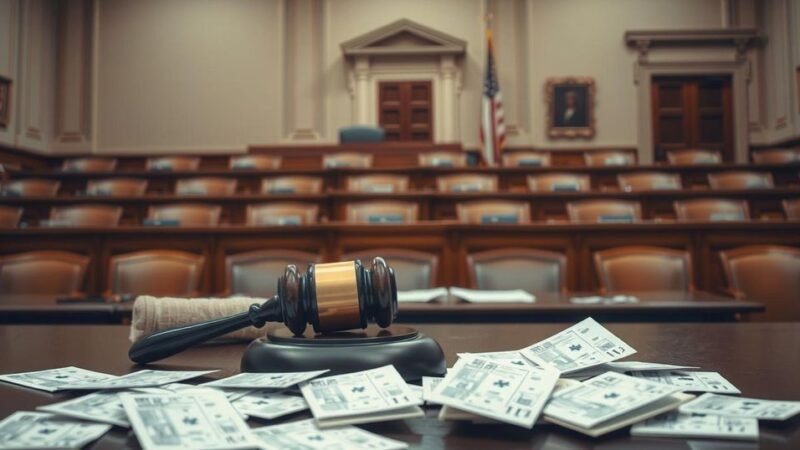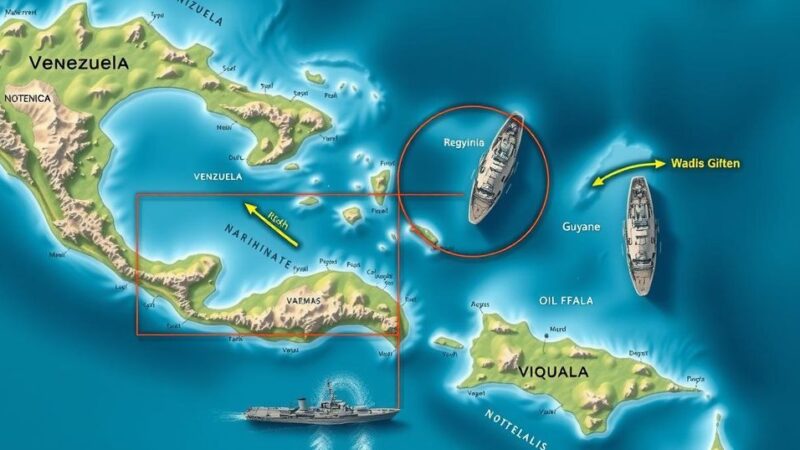Lebanese leaders are negotiating the election of a new president amid political divisions, over two years after the last term ended. Army chief Joseph Aoun is the frontrunner, yet consensus remains elusive due to entangled party dynamics. External pressure from allies, including the U.S. and France, emphasizes the urgency of choosing leadership for addressing Lebanon’s ongoing crises.
On Wednesday, prominent Lebanese political leaders engaged in discussions to elect a new president, one day before a scheduled parliamentary session. Lebanon has been without a president for over two years, caught in a debilitating political and economic crisis, marked by significant divisions, particularly between the Shiite Muslim group Hezbollah and its rivals. Amidst this backdrop, Army chief Joseph Aoun has emerged as the leading candidate, poised to potentially oversee military deployments, especially in southern Lebanon in accordance with a recent ceasefire agreement between Israel and Hezbollah. Despite his candidacy, there remains reluctance from several factions to endorse the army chief, as this marks the thirteenth bid to secure a new leadership following the end of Michel Aoun’s presidential term in October 2022.
The historical context of Lebanon plays a significant role in the current situation; following a civil war, political consensus typically precedes successful electoral outcomes. Influential external players, including a French envoy and a US representative, have been pressing Lebanese factions to finalize a leadership choice to advance institutional resilience in the country. Regional influences, notably from Saudi Arabia, are also active in negotiating support for Aoun, highlighting the urgency for reforms essential for addressing the ongoing financial crisis initiated in 2019. Additionally, local parties including the Lebanese Forces and others are aligning to announce their preferred candidates, although the complexity of Lebanon’s political landscape presents numerous hurdles.
The pressing need for a united leadership underscores the deep-seated divisions within the Lebanese political sphere. The potential election of Joseph Aoun remains contentious, especially within the political calculus of Hezbollah, which has indicated reservations toward endorsing him as a consensus candidate. Notably, the current constitution restricts certain candidacies based on prior political hold, complicating the electoral landscape further. Amid such uncertainties, Lebanese citizens express hope for a favorable resolution, lamenting the historical patterns of foreign influence over national decision-making, which complicate self-determined governance in Lebanon.
This complex interplay of local and international dynamics continues to shape Lebanon’s quest for a stable leadership capable of navigating a way out of its prolonged turmoil.
Lebanon has faced a protracted political and economic crisis, which has contributed to a leadership vacuum, evident through the absence of a president for over two years following Michel Aoun’s term. The country’s intricate political structure, characterized by its multi-confessional power-sharing system, mandates a balance of representation among diverse groups, complicating the election of a new leader. The latest military conflicts involving Hezbollah have altered the balance of power, generating greater external pressure for political resolution amidst internal divisions and foreign influences.
The ongoing negotiations among Lebanese political factions for electing a new president are critical to restoring stability in a country grappling with prolonged crises. While Army chief Joseph Aoun appears as a leading candidate, the absence of consensus among various political players—including Hezbollah—underscores the complexities inherent in Lebanese governance. Furthermore, the involvement of international stakeholders indicates a broader interest in stabilizing Lebanon’s institutions and addressing its pressing economic challenges.
Original Source: www.barrons.com






